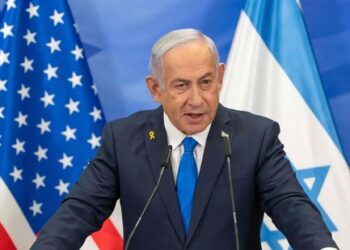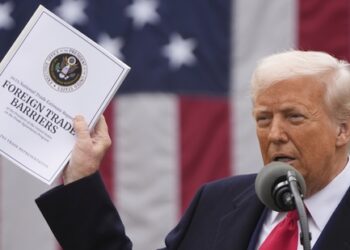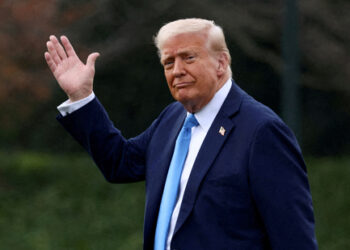The United States had submitted the draft resolution, which called for an immediate ceasefire in the conflict, at the United Nations Security Council. It also called for renewed negotiations between the Israeli and Palestinian authorities to achieve a lasting peace.
However, both Russia and China, as permanent members of the Security Council with veto power, rejected the resolution during a closed-door vote. The Russian and Chinese representatives argued that the draft resolution was unbalanced and did not consider the interests of all parties involved in the conflict.
Russian Ambassador to the United Nations, Vassily Nebenzia, stated, “We regret that the proposed resolution does not take into account the concerns and aspirations of all parties. It lacks the necessary balance and impartiality required to address the complexities of the Israel-Gaza situation.”
China’s Ambassador to the UN, Zhang Jun, echoed this sentiment, saying, “The Security Council should play a constructive role in helping to defuse the situation, rather than escalating tensions. The proposed resolution does not adequately address the root causes of the conflict.”
The United States, along with several other Security Council members, expressed disappointment at the outcome. U.S. Ambassador to the UN, Linda Thomas-Greenfield, voiced her concerns, emphasizing that the resolution was intended to save lives and encourage a peaceful resolution to the crisis.
The escalating violence in the region has sparked widespread international concern, with calls for an immediate ceasefire and a return to negotiations to achieve a lasting peace. The failure to pass this resolution highlights the deep divisions and challenges in addressing one of the world’s most enduring and complex conflicts.
Efforts to bring an end to the hostilities in the Israel-Gaza conflict will undoubtedly continue, with the international community looking for alternative pathways to alleviate the suffering and prevent further loss of life in the region.


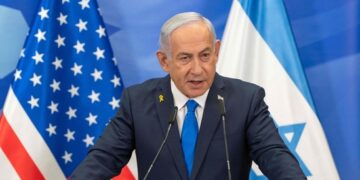
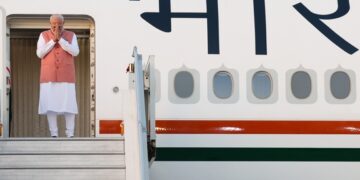

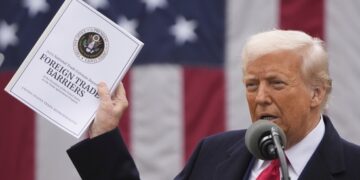

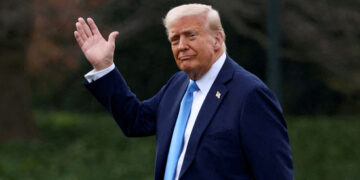
 India
India


